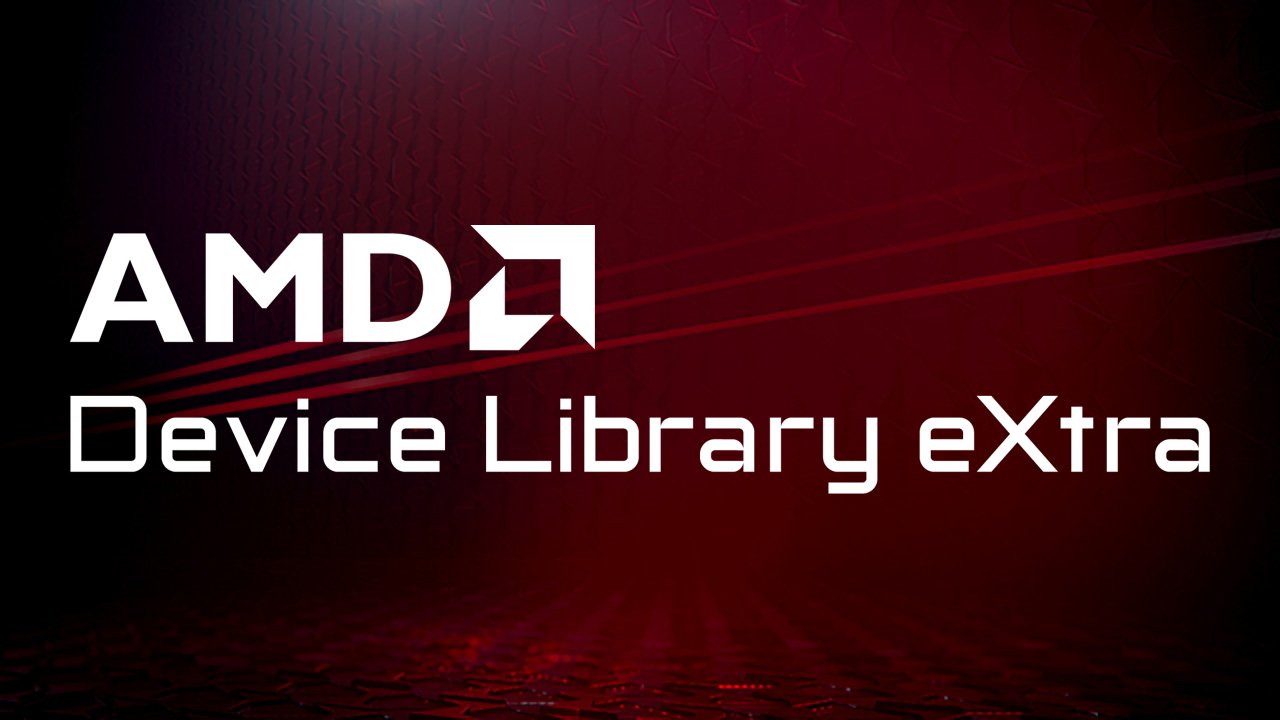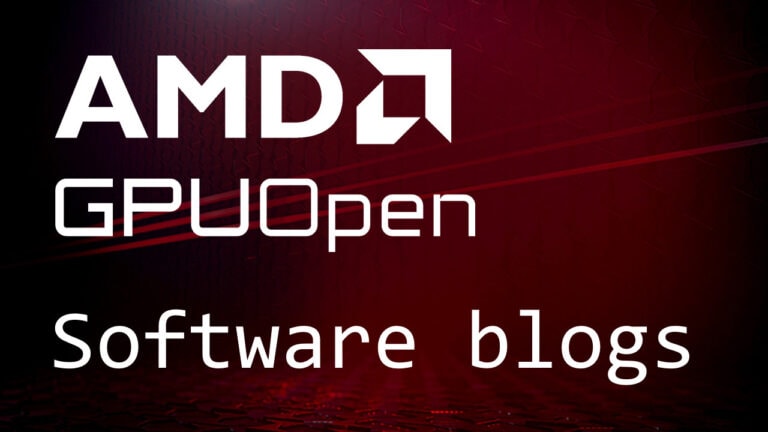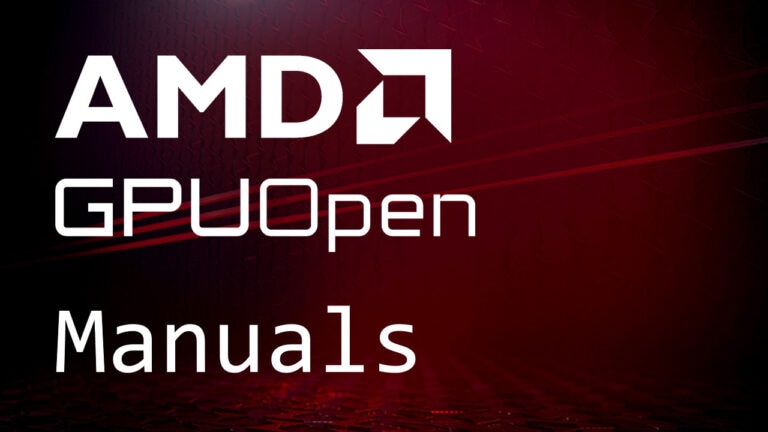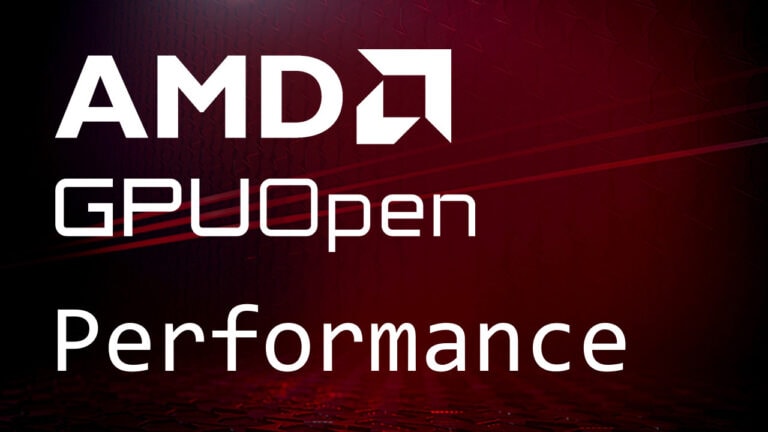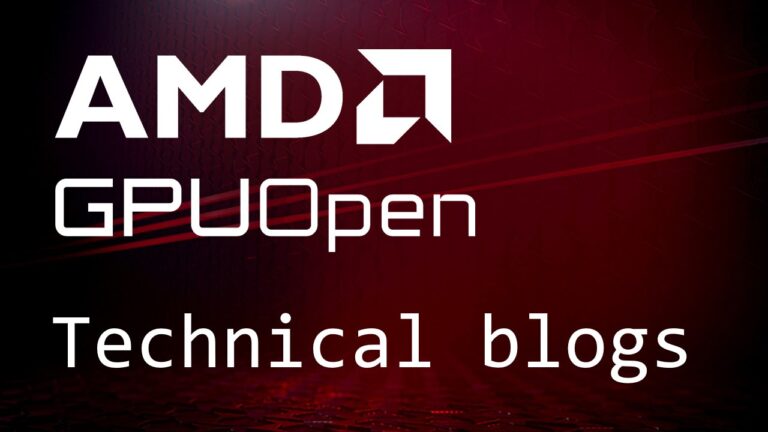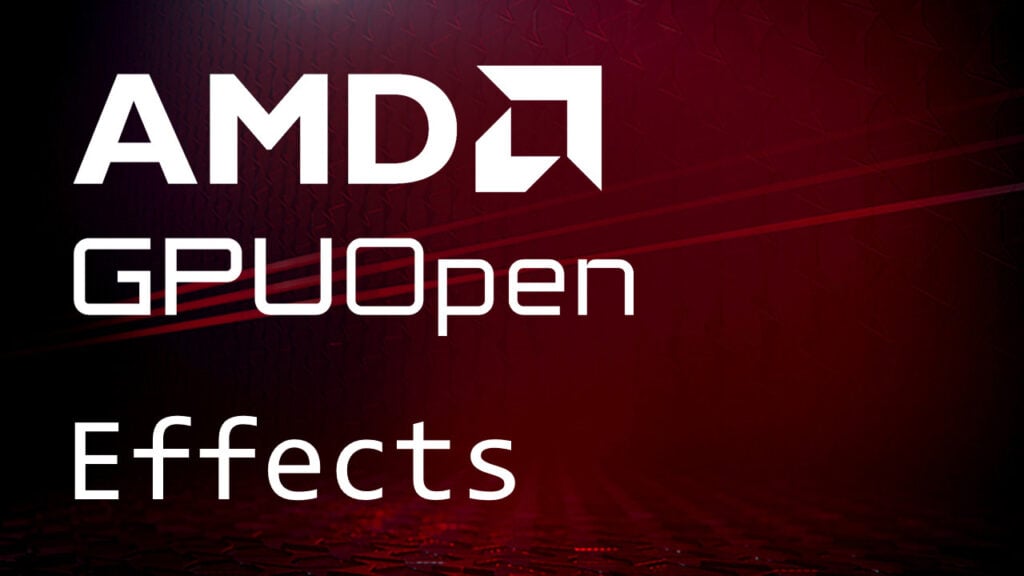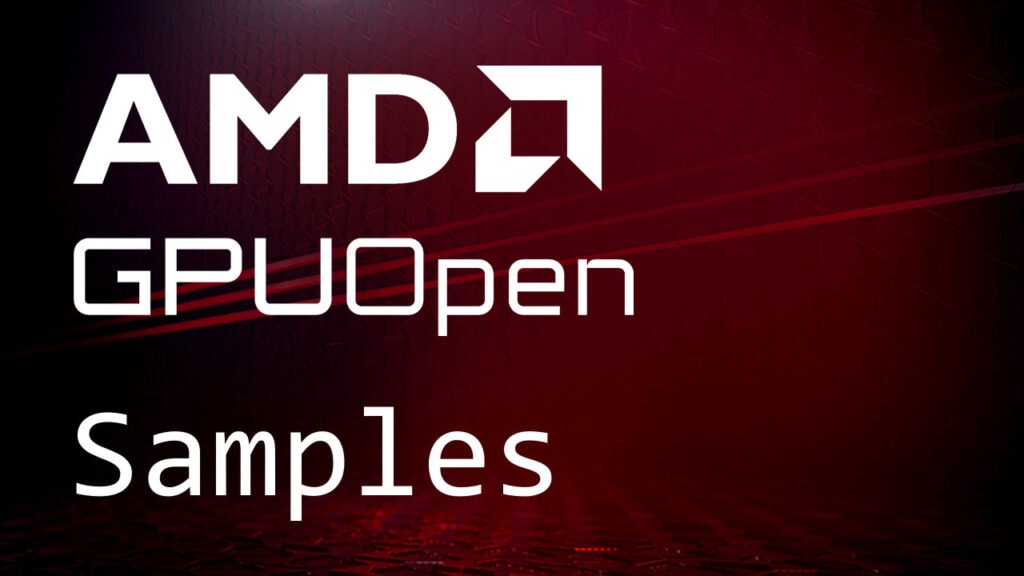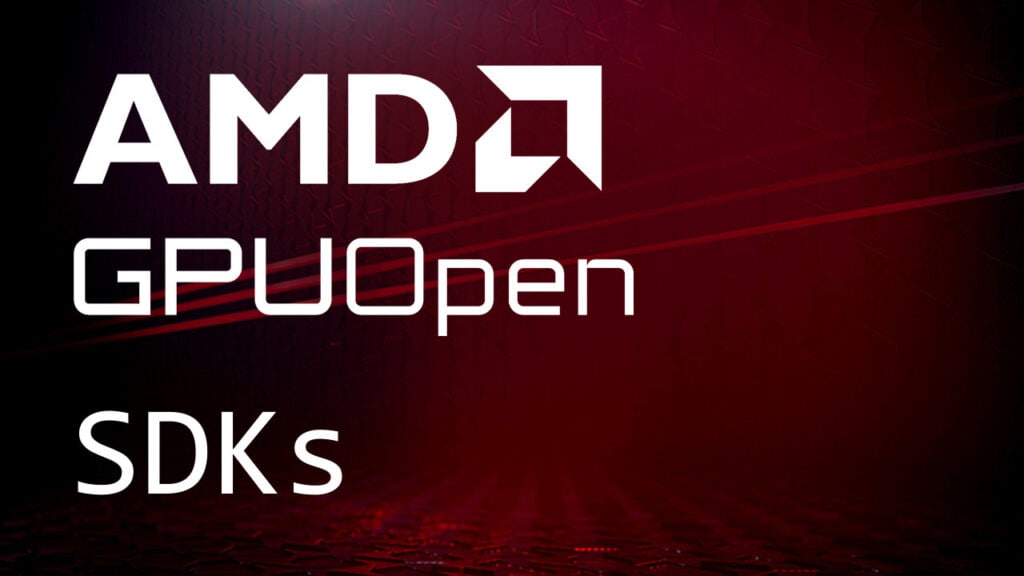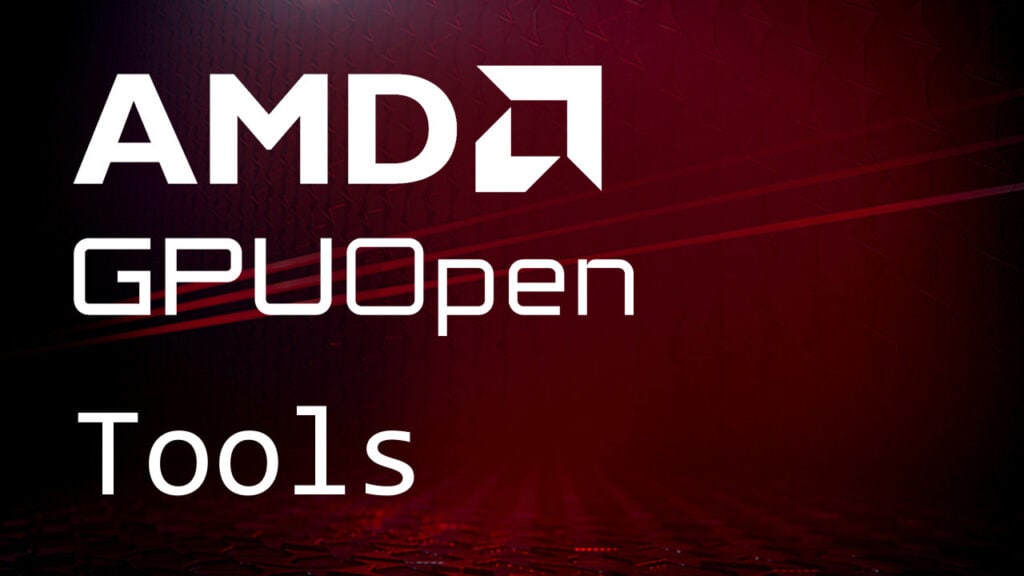GetADLXDisplayFromADLIds
Gets the reference counted IADLXDisplay interface corresponding to the display with the specified ADL adapter index, display index, PCI bus number, device number, and function number.
Syntax
ADLX_RESULT GetADLXDisplayFromADLIds (adlx_int adapterIndex, adlx_int displayIndex, adlx_int bus, adlx_int device, adlx_int function, IADLXDisplay ** ppDisplay)Parameters
-
[in]adapterIndex adlx_int The ADL adapter index of the GPU where the requested display is connected. -
[in]displayIndex adlx_int The ADL logical display index of the requested display. -
[in]bus adlx_int The unique PCIE bus number of the GPU where the requested display is connected. -
[in]device adlx_int The device number of the GPU where the requested display is connected. -
[in]function adlx_int The device number of the GPU where the requested display is connected. -
[out]ppDisplay IADLXDisplay ** The address of the pointer to the returned interface. If the display was not found, the method sets the dereferenced address *ppDisplay to nullptr.
Return Value
If the IADLXDisplay interface is successfully returned, ADLX_OK is returned.
If the IADLXDisplay interface is not returned, an error code is returned.
Refer to ADLX_RESULT for success codes and error codes.
Remarks
GetADLXDisplayFromADLIds is used when an ADLX method must be called for a display obtained from ADL. The ADL adapter index corresponds to the GPU to which the display is connected.
The display index corresponds to the ADLDisplayID.iDisplayLogicalIndex field for the display.
The PCI bus number, device number, and function number parameters correspond to ADL AdapterInfo.iBusNumber, AdapterInfo.iDeviceNumber, and AdapterInfo.iFunctionNumber for the GPU where that display is connected.
The returned interface must be discarded with Release when it is no longer needed.
Additional Info
In C++ when using a smart pointer for the returned interface there is no need to call Release because the smart pointer calls it internally.
Requirements
|
Header |
include “ADLXDefines.h” |
|
Minimum version |
1.0 |




